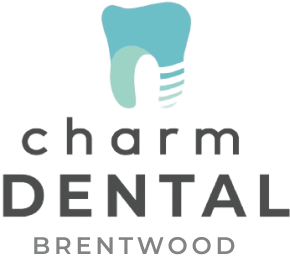
Enjoy Stress-Free Dentistry
The Advantages of Dental Sedation
Dental sedation and sleep dentistry offer valuable options that enable us to cater to patients from diverse backgrounds and with a wide range of challenges.
Here are some of the benefits of sedation dentistry:
Overcoming Dental Anxiety
Dental anxiety can sometimes be more distressing than the actual dental procedure. If you experience mild to severe dental anxiety or fear that is hindering you from seeking necessary dental treatment, don’t hesitate to communicate your concerns. We are here to assist you in overcoming these challenges.
Time Flies By
During lengthy procedures that require you to keep your mouth open for extended periods, sedation ensures your relaxation and comfort. Your procedure will be completed before you even realize it. With IV sedation, time may seem to pass almost instantly.
Tailored to Your Unique Needs
Contact us today
to schedule an initial consultation & exam.
Your consultation will include an examination of everything from your teeth, gums and soft tissues to the shape and condition of your bite. Generally, we want to see how your whole mouth looks and functions. Before we plan your treatment we want to know everything about the health and aesthetic of your smile, and, most importantly, what you want to achieve so we can help you get there.
Frequently Asked Questions
Patients often wonder about the safety of dental sedation. Dentists and oral health professionals are trained to administer sedation safely, and they carefully assess your medical history and needs before selecting the appropriate sedation method. It is generally considered safe when administered by qualified professionals.
Patients often want to know about their ability to drive after a dental procedure involving sedation. Depending on the type and depth of sedation, it may not be safe to operate a vehicle immediately after the treatment. It’s important to arrange for a designated driver or alternative transportation if you receive sedation to ensure your safety. Your dentist will provide guidance on when it is safe to resume normal activities, including driving.
Many people are curious about the level of consciousness during dental sedation. The extent of consciousness depends on the type of sedation used. Some methods, like nitrous oxide or oral sedatives, induce a relaxed but conscious state, while others, such as general anesthesia or deep sedation, render the patient nearly or entirely unconscious.
Patients may inquire about potential side effects or risks. While dental sedation is generally safe, there can be side effects such as drowsiness, temporary memory loss, or mild nausea. Your dentist will discuss potential risks and benefits with you before administering sedation.
Patients may wonder if dental sedation is appropriate for their specific needs or conditions. Sedation can be tailored to individual needs, but it may not be recommended for certain medical conditions or allergies. Your dentist will evaluate your health history and determine the most suitable sedation approach for you.
Google Verified Patient Reviews






